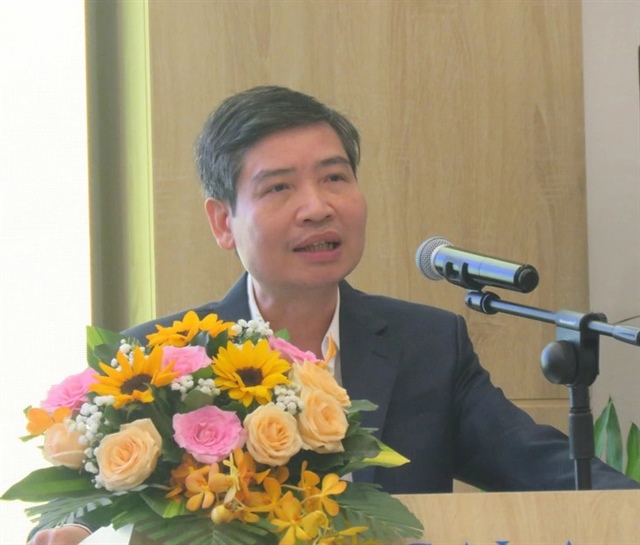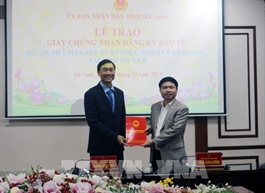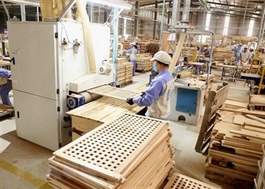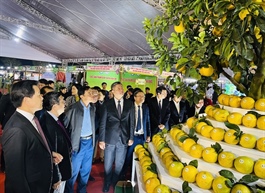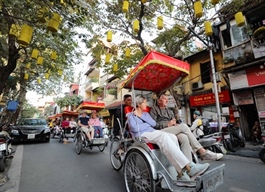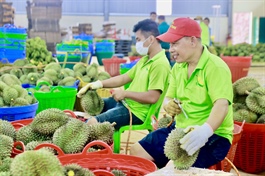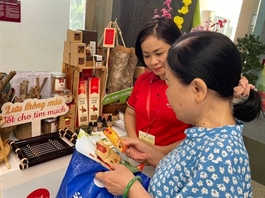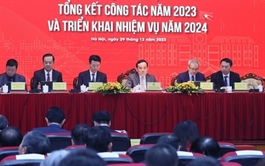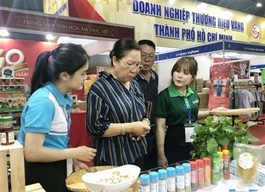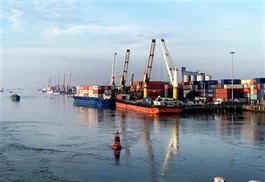Industry insiders: Plastic waste on central Vietnam coast decimating local tourism
Industry insiders: Plastic waste on central Vietnam coast decimating local tourism
Local businesses and administrative officials recently convened to address escalating concerns about the substantial accumulation of plastic waste on beaches in south-central Vietnam, posing a threat to the local tourism industry.
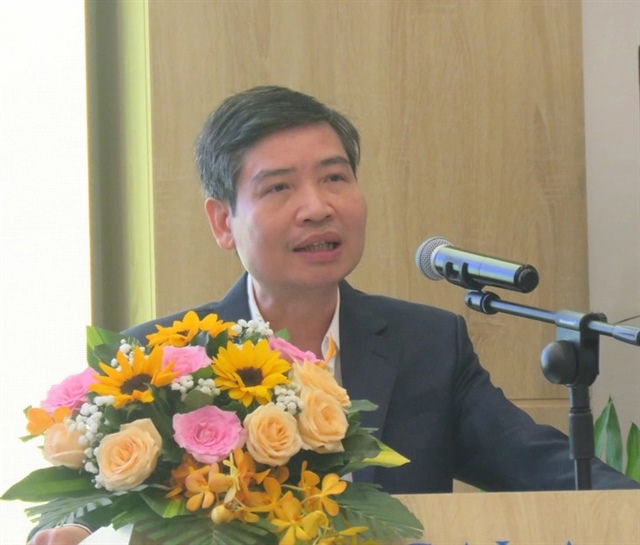
Ta Anh Tuan, chairman of the People’s Committee of Phu Yen Province in south-central Vietnam, commits to creating favorable conditions for enterprises operating smoothly in the province. Photo: Nguyen Hoang / Tuoi Tre |
On December 27, the People’s Committee of Phu Yen met with enterprises and investors to discuss post-pandemic economic recovery in the south-central Vietnamese province.
Amongst the topics discussed, the issue of plastic pollution on the coast stood out as a top concern.
During the meeting, foreign-invested tourism enterprises, in particular, seized the opportunity to underscore the widespread dissatisfaction among tourists in Phu Yen due to the significant volume of plastic waste in local waters.
According to a representative from Zannier Hotels Bai San Ho, a luxury resort in Phu Yen’s Song Cau Town, the province’s strategic policy to promote sustainable and green tourism development false short of local needs, particularly during the peak tourism season between March and August when pollution issues are exacerbated.
|
|
| A representative from Zannier Hotels Bai San Ho raises the issue of waste in the sea causing negative effects on tourists in Phu Yen Province, south-central Vietnam. Photo: Nguyen Hoang / Tuoi Tre |
The representative cited a specific instance in which a foreign tourist, while swimming near a local beach, lodged a complaint about the water being inundated with household plastic waste.
Tran Van Huy, the chairman of the People's Committee of Song Cau Town, clarified that Zannier Hotels Bai San Ho is located in an isolated area bordering the East Vietnam Sea, rather than within a residential community.
Therefore, it is probable that a significant portion of the waste in the area was discarded by boats and ships.
Huy noted that the Song Cau authority has proposed a project to collect plastic waste from the sea, especially in Xuan Dai Bay and Cu Mong Lagoon, where farmers raise aquatic products in floating fish cages.
The Phu Yen Department of Natural Resources and Environment is awaiting approval for the project from the Ministry of Natural Resources and Environment.
Le Tan Ho, permanent vice-chairman of the Phu Yen People's Committee, acknowledged that sea pollution is an urgent problem, posing a challenge not only to Phu Yen but also to the entire nation.
He stressed the urgency of finding solutions, particularly in anticipation of the peak tourism season and windy periods, as these factors have a detrimental impact on the overall experience for tourists.
Ta Anh Tuan, chairman of the Phu Yen People’s Committee, was committed to creating favorable conditions for enterprises to operate in the province.
He shared that the success of enterprises and investors is also the success of Phu Yen.
“The provincial People’s Committee ensures a smooth and convenient environment for enterprises and investors involved in investment, production, and businesses,” said Tuan.


